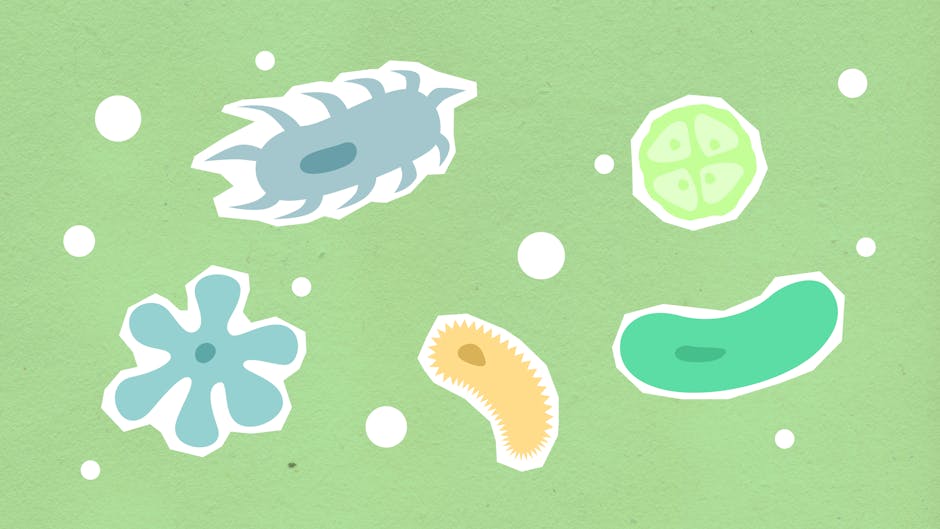Toxic Bacteria Linked to Common Inflammatory Bowel Disease (IBD)
Inflammatory bowel disease (IBD), a chronic condition affecting millions worldwide, has long puzzled scientists. Now, groundbreaking research reveals a potential link between a common type of IBD and a toxic strain of bacteria—opening doors to innovative treatments.
IBD: A Growing Global Health Concern
IBD, including Crohn’s disease and ulcerative colitis, causes chronic inflammation of the digestive tract, leading to severe abdominal pain, diarrhea, and fatigue. Over the past two decades, India has seen a sharp rise in IBD cases, particularly in urban areas, due to dietary changes, pollution, and lifestyle shifts.
While genetics and immune dysfunction have been implicated, the exact cause remains unclear. A new study in Nature Microbiology identifies a toxic E. coli strain carrying the pks gene as a potential trigger for colitis, a form of IBD.
The Toxic Culprit: pks+ E. coli
Researchers from the University of Liverpool and University of Bologna found that certain E. coli bacteria produce colibactin, a toxin that damages intestinal cells and disrupts the gut lining—leading to chronic inflammation.
Key findings:
– Higher levels of pks+ E. coli were found in ulcerative colitis patients compared to healthy individuals.
– In mice studies, the bacteria caused severe intestinal inflammation, mimicking IBD symptoms.
Dr. Jonathan Rhodes, a study co-author, explains:
“These bacteria produce a toxin that damages gut cell DNA, leading to inflammation. This could revolutionize IBD treatment by targeting the bacteria directly.”
Why This Discovery is a Game-Changer
- Early Diagnosis: Screening for pks+ E. coli could help identify high-risk patients sooner.
- Better Treatments: Potential for antibiotics, probiotics, or vaccines targeting the toxic bacteria.
- Personalized Diet Plans: Understanding harmful gut bacteria may lead to tailored nutrition strategies.
Challenges and Future Research
While promising, IBD remains a complex disease with multiple factors. Not all patients had the toxic bacteria, indicating other triggers may be involved.
Dr. Sudeep Khanna (Apollo Hospitals, Delhi) adds:
“This is a big step, but we must consider genetics and environment for a complete IBD management strategy.”
What Can IBD Patients Do Now?
- Follow prescribed treatments.
- Maintain a gut-friendly diet (reduce processed foods, increase fiber).
- Manage stress and avoid known triggers.
- Consult a specialist for personalized care.
The Future of IBD Treatment
This discovery could lead to more precise therapies, improving life for millions. As research advances, understanding the gut microbiome’s role may unlock new ways to combat IBD and other inflammatory diseases.
Stay updated with the latest research on IBD and gut health.




